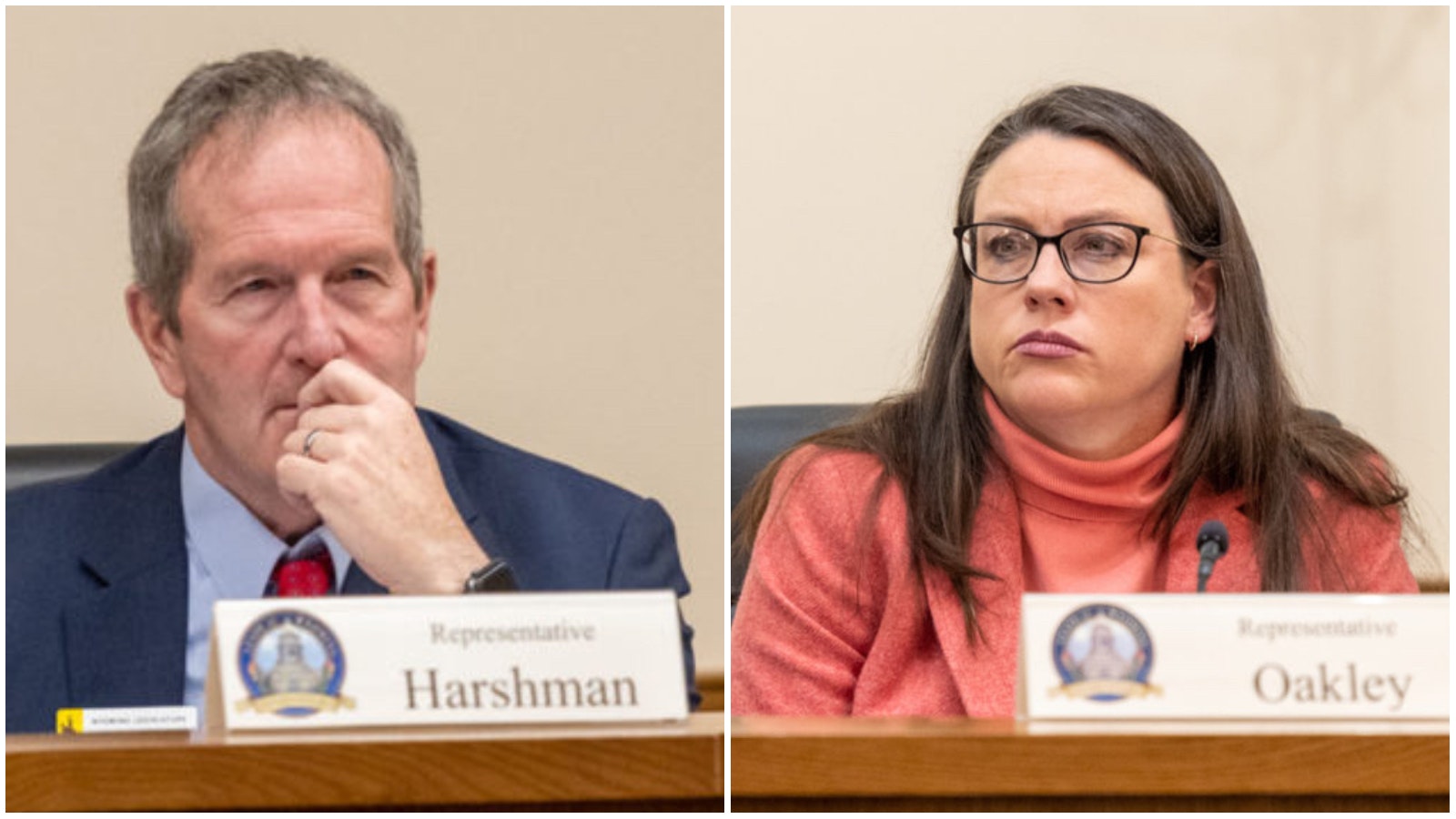Property taxes soared in Wyoming last year, bringing the state a windfall from taxpayers at a time when they’re facing record-high inflation for a variety of goods and services, including staples like eggs and butter.
That pain has prompted 20-some bills in the Wyoming Legislature this season attempting to provide some financial relief. Many of those had live-or-die moments Wednesday, the last day for bills to get through their houses of origin.
Among the bills that have squeaked over the finish line is House Bill 98, which proposes to exempt $50,000 of fair market value from residential property tax valuations.
What’s In House Bill 98
House Bill 98 sponsor Rep. Steve Harshman, R-Casper, said the exemption works out to an average $300 saved for each residential property in Wyoming, or about $25 a month.
The most homeowners would save is $320 and the least $270, he said.
A corrected fiscal note has been posted for the bill, which will cost Wyoming $35 million for each of two years. One amendment to the bill adds a sunset clause, as well as a backfill to counties for lost revenue.
That backfill, it turns out, was not needed.
The bill already had an auto-appropriation for that, to ensure the bill won’t hurt Wyoming’s smaller counties, where an exemption of $50,000 represents a much larger percentage of the tax base. Harshman brought an amendment to the House floor that removed the second backfill.
Least Equitable Solution
Rep. Ember Oakley, R-Riverton, was among those who spoke against the bill. Not only does it interfere with local control, Oakley said, but it’s not targeted to those who really need relief.
That makes it, in her eyes, the least equitable solution among the bills seeking to provide property tax relief.
She prefers House Bills 99 and 121.
The latter creates a property tax deferral program through the Department of Revenue that will operate from Jan. 1, 2024, through June 30 2026.
Property owners would have to apply for the deferral, which would accrue interest and become due to the state upon the death of the owner or the sale or transfer of the property.
How HB 99 Works
House Bill 99, meanwhile, creates a refund program for people with household income of up to $83,000, who have lived in the state for at least five years and occupy their homes at least nine months of the year.
Refunds cannot exceed half the median, residential property tax liability for the property.
“Those are appropriate tools to hit the targeted group we want to hit and get property tax relief,” Oakley said. HB 98 “is the opposite. It’s a big blanket. Everyone gets this.”
House Bill 98 relief would even go to property tax payers who are so wealthy they are unlikely to notice it, Oakley suggested.
“Property tax is one of few places our counties get to collect a tax,” she said. “We need to leave that alone.”
Counties also already have the means to return excess tax collections, Oakley said.
“If they want, they can reduce a mill. They did it in my county,” she said. “Leave that for our counties because our counties vary on what … their needs are. Doing this blanket is just the wrong way to go.”
Retirees Forced To Return To Work
But other lawmakers talked about the pain their constituents have experienced.
“I have a neighbor, 83 years old,” said Rep. Mark Jennings, R-Sheridan. “She went back to work – not full-time; couple of days. She told me how hard that is for her.
“And we’re quibbling over whether or not we’re going to fund something at a $35 million level compared to $1.7 billion?”
Jennings said he’d been told at the beginning of the session that the state had done very well for itself this year.
“I think it was kind of in excess of $1.7 billion,” Jennings said. “In that neighborhood.”
But some of that money came from taxpayers who are hurting, Jennings said.
“We may not always have that money as the chairman pointed out, but right now we do,” he said.
Anyone too wealthy to notice the exemption should give it to a neighbor who is hurting, Jennings suggested.
“You’ll find them,” he said.
Rep. Tony Locke, R-Casper, said he heard the same thing as he went door-to-door in his district. People are being economically crushed.
“This is just a small token,” he said. “We had a banner year. This is an opportunity for us to give a little bit back, give these people — not somebody else their money — give these people some of their money back, since we had it about a year.”
House Bill 98 passed the House with 46 yea votes.
Where The Bill Stands
House Bill 98 has passed the House just in time with 46 votes. It heads to the Senate for further consideration. Amendments on the bill include a two-year sunset.





